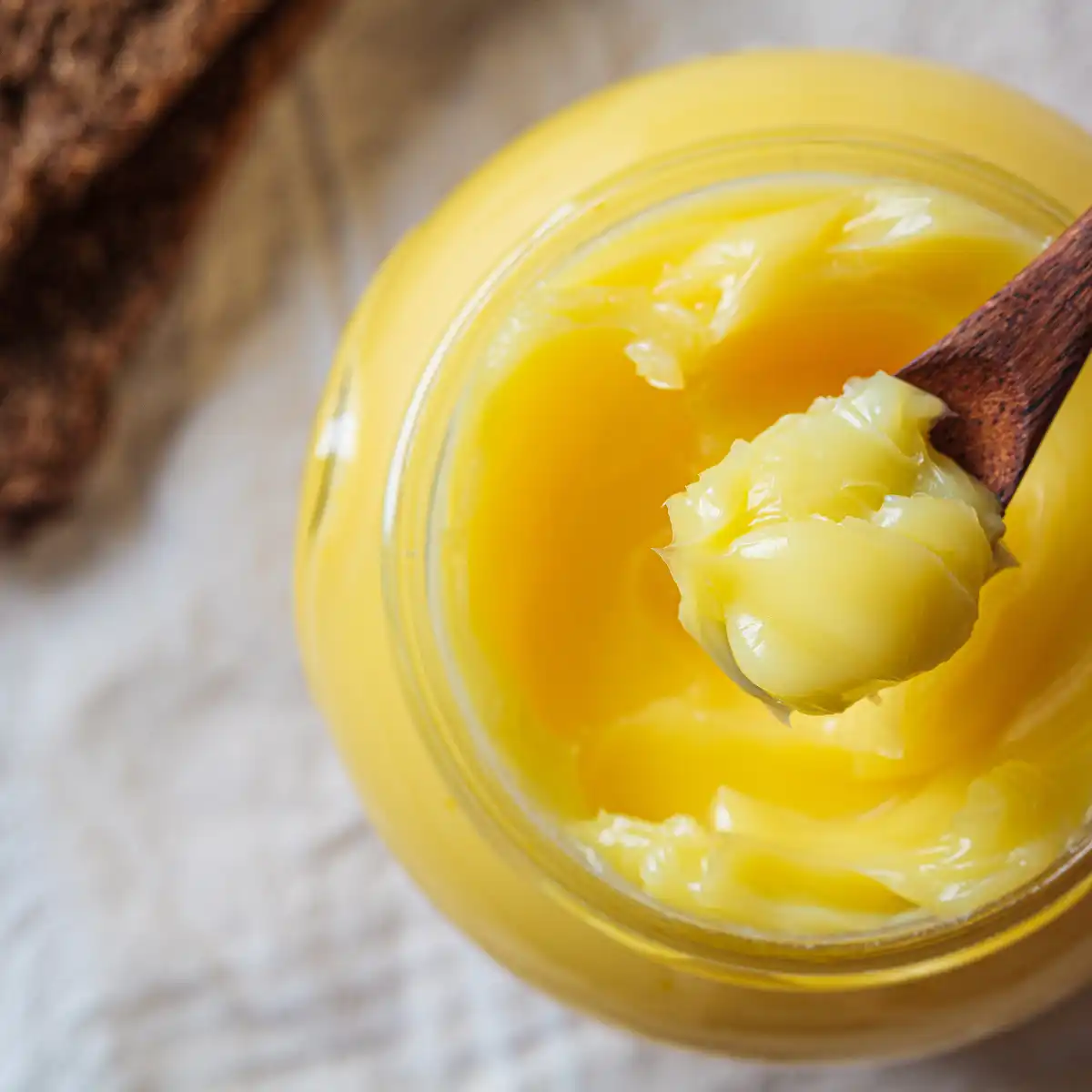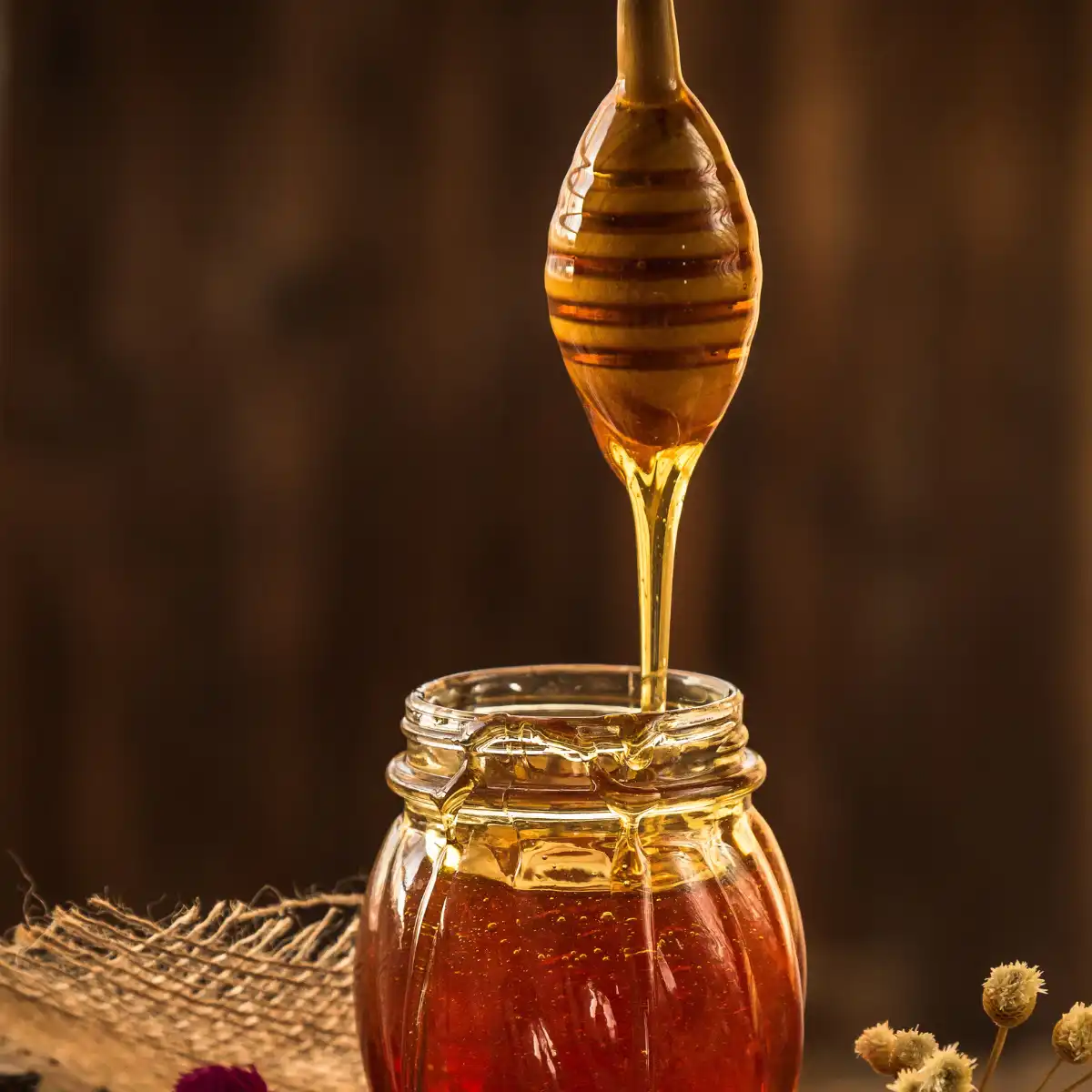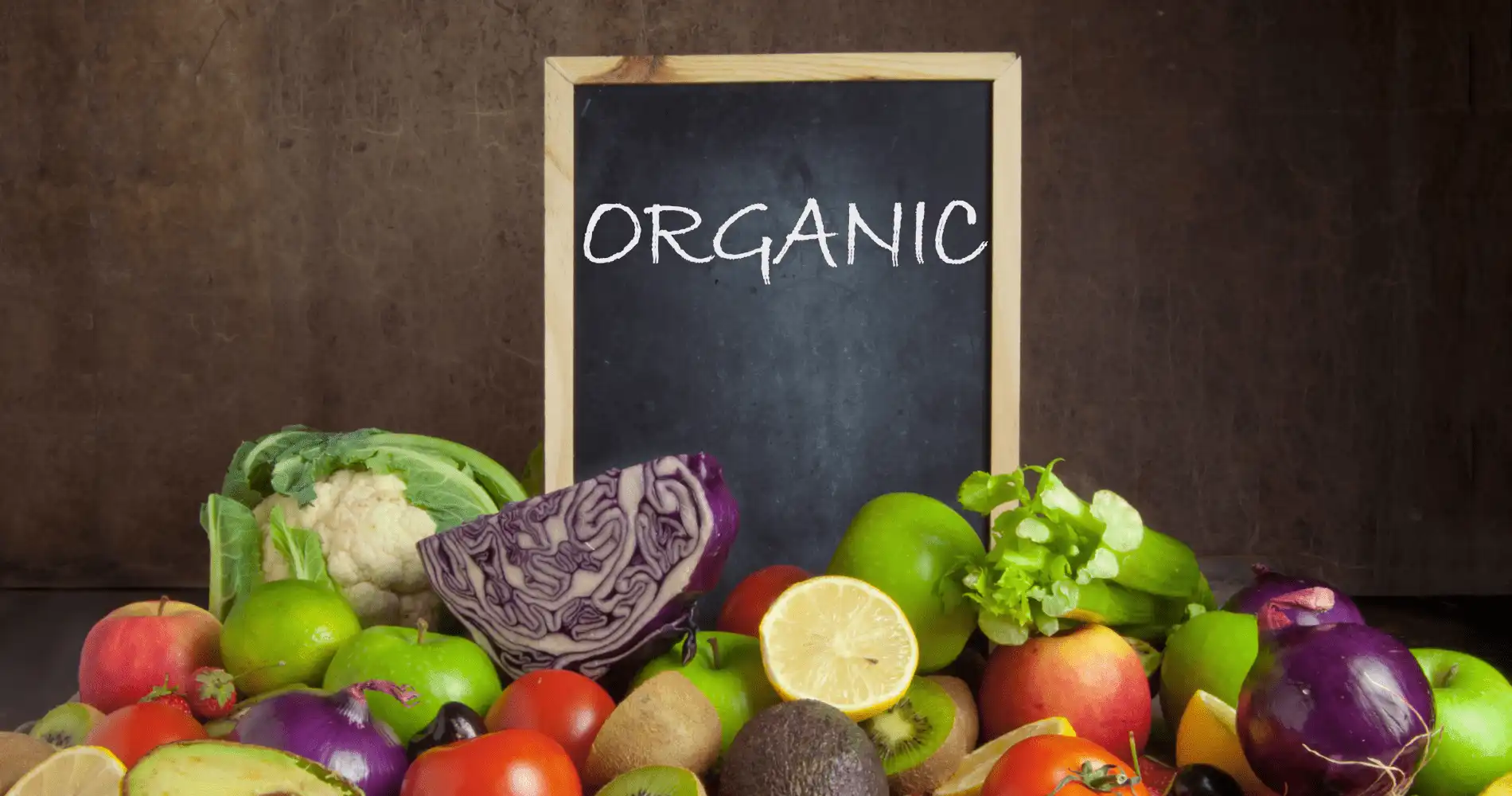In a market that is progressively gravitating towards healthier food choices, unpolished pulses have emerged as a new trend. Although they come at a higher cost and lack the visual allure of their polished counterparts, the fundamental question that arises is which one is better? Let's delve into the differences between polished and unpolished dals and explore why it matters.
Why are Dals Polished?
Polished dals, commonly found in the market, undergo a refining process that involves the use of leather, water, and oil. Polishing serves three main purposes:
- Enhance Appearance & make dals shiny, uniform, and attractive.
- Remove Chemical Residues
- Increase Shelf Life & make it last longer for marketability.
Polished versus Unpolished Dals
While polished dals may be more visually appealing and have a longer shelf life, they come at the cost of reduced nutritional value. Not polishing dals keeps their nutrients and outer fibre layer intact, due to which they look duller and less attractive and have a shorter shelf life. However, they are undeniably more nutritious, and are far superior in taste and flavour.
Going Beyond appearances
In an age of relentless advertising, our fixation on perfection extends even to the food we consume. The demand for flawlessly shaped fruits, vegetables, and impeccable grains is an impractical expectation, one that stands in stark contrast to nature's norm of diversity and imperfections. Unpolished and organic pulses may lack the glossy allure and make them more susceptible to pests and spoilage, yet it is these very characteristics that are indicative of their purity. When it comes to our food choices, what really matters is not appearance but taste and nutrition and this ultimately boils down to the source—where and how our food is grown and processed, and its journey from the farm to the shelf.
Embracing the imperfect beauty of unpolished pulses becomes more than a health-conscious decision; it's a collective stance against chemical saturation and mass production.Each choice becomes a vote for sustainable and organic farming practices, a rejection of artificial additives, and an appreciation for brands championing healthier and more responsibly produced food.Let our choices resonate not just on our plates but echo as advocates for a healthier, more sustainable world.













